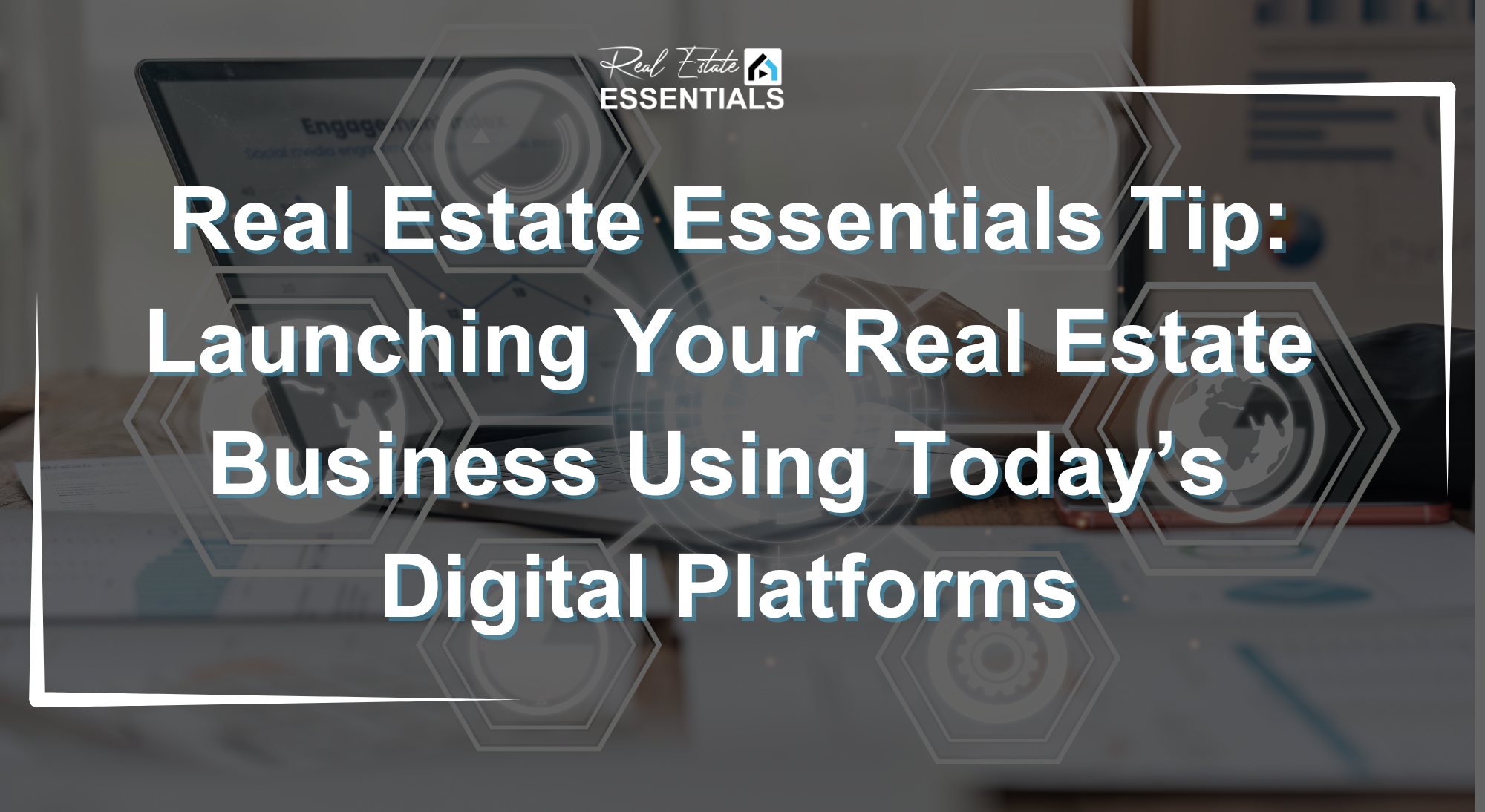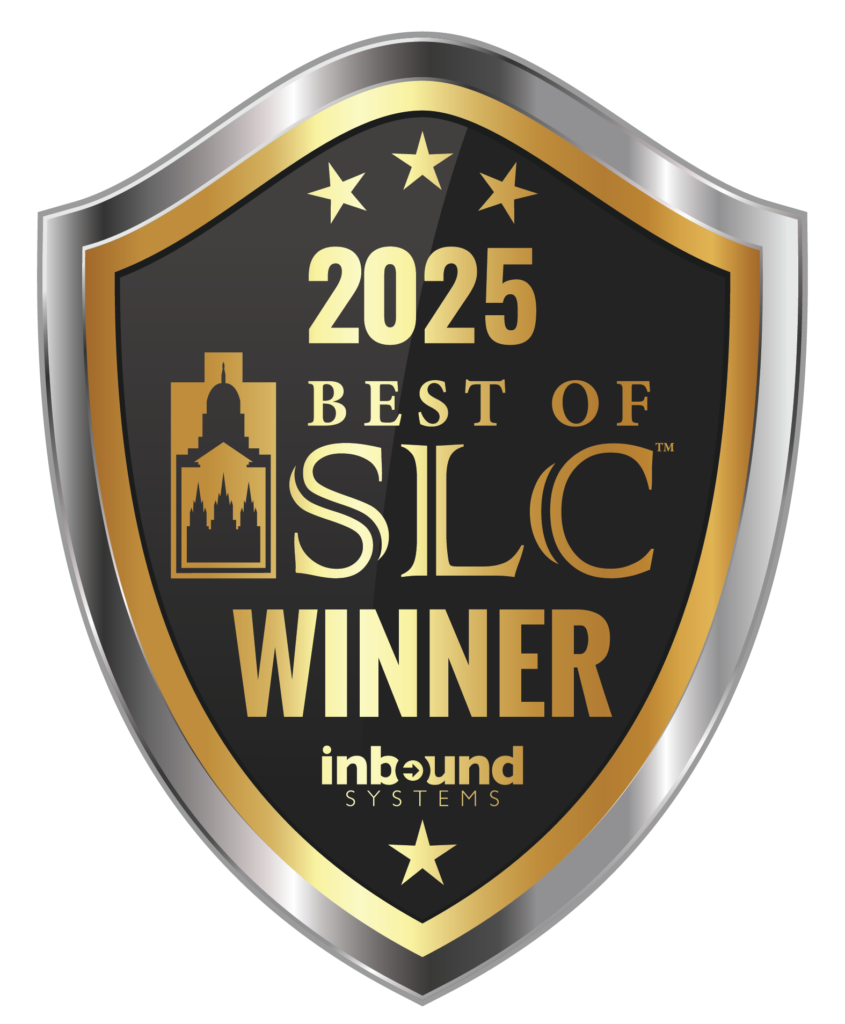Launching Your Real Estate Business Using
Today’s Digital Platforms
Starting a real estate business has always been a lucrative opportunity, but today, the landscape has evolved dramatically thanks to digital platforms. The tools and technologies available now can help you reach a broader audience, streamline operations, and establish your brand more effectively than ever before. Whether you’re a seasoned real estate professional or just starting, harnessing these digital tools is essential for success. Here’s a comprehensive guide on how to launch your real estate business using today’s digital platforms.
1. Laying the Foundation: Establish Your Brand Identity
Before diving into digital platforms, it’s crucial to establish your brand identity. This includes defining your niche, identifying your target audience, and creating a brand that resonates with potential clients.
Define Your Niche: Specializing in a particular market—like luxury homes, commercial properties, or first-time homebuyers—can set you apart from competitors. Your niche will inform your marketing strategy and the platforms you use.
Create a Brand Identity: Your brand identity includes your business name, logo, color scheme, and tone of voice. Ensure that these elements are consistent across all digital platforms to create a cohesive and professional image.
Develop a Unique Value Proposition (UVP): Why should clients choose you over others? Your UVP should be clear, highlighting what makes your services unique—be it superior local knowledge, exceptional customer service, or innovative technology use.


2. Build a Professional Website
Your website is your digital storefront—it’s often the first impression potential clients will have of your business. A well-designed, user-friendly website can significantly impact your credibility and lead generation.
Choose the Right Platform: Website builders like WordPress, Wix, or Squarespace offer customizable templates that can be tailored to the real estate industry. For more advanced features, consider hiring a web developer.
Optimize for Mobile: With the majority of users browsing on their smartphones, ensuring your website is mobile-responsive is critical. Mobile optimization enhances user experience and improves your search engine ranking.
Incorporate Key Features: Essential features include property listings with high-quality images, virtual tours, client testimonials, an easy-to-use contact form, and a blog. Integration with MLS and CRM systems can also enhance functionality.
SEO Optimization: Optimize your website for search engines by using relevant keywords, meta tags, and local SEO strategies. Tools like Google Analytics and SEMrush can help you track and improve your site’s performance.
3. Leverage Social Media Marketing
Social media is a powerful tool for building your brand, engaging with your audience, and generating leads. Each platform offers unique opportunities for real estate professionals.
Facebook: Create a business page where you can post listings, host virtual open houses, and engage with your community. Use Facebook Ads to target specific demographics, such as people looking to buy or sell homes in your area.
Instagram: With its visual-centric approach, Instagram is ideal for showcasing beautiful property photos and videos. Use Instagram Stories and Reels for behind-the-scenes content, market updates, and client testimonials.
LinkedIn: Establish yourself as a thought leader by sharing industry news, market insights, and professional achievements. LinkedIn is also a great platform for networking with other real estate professionals and potential clients.
YouTube: Video content is incredibly effective in real estate marketing. Create a YouTube channel to post virtual tours, neighborhood guides, and educational content like home-buying tips.
Pinterest: Use Pinterest to create boards that showcase different property styles, home decor ideas, and market trends. This platform is particularly effective for reaching potential buyers interested in home aesthetics.
4. Content Marketing and Blogging
Content marketing is a long-term strategy that can drive traffic to your website, establish your authority in the industry, and generate leads.
Start a Blog: Regularly publish blog posts on topics relevant to your audience, such as home-buying tips, market trends, neighborhood guides, and real estate investment advice. Blogging not only boosts your SEO but also positions you as an expert in your field.
Guest Blogging: Contribute to other blogs or online publications within the real estate industry. This can increase your visibility and drive traffic back to your website.
Email Marketing: Build an email list and send out regular newsletters with your latest blog posts, new listings, market updates, and special promotions. Personalize your emails to different segments of your audience to increase engagement.
5. Utilize Online Advertising
While organic marketing is important, online advertising can accelerate your growth by reaching a larger audience quickly.
Google Ads: Use Google Ads to target specific keywords related to real estate in your area. This can drive highly targeted traffic to your website, particularly for those ready to buy or sell.
Social Media Ads: Platforms like Facebook, Instagram, and LinkedIn offer robust advertising options that allow you to target users based on location, demographics, interests, and behaviors. Experiment with different ad formats, such as carousel ads for multiple listings or video ads for virtual tours.
Retargeting Ads: Retargeting ads are shown to users who have previously visited your website. These ads can remind potential clients of your services and encourage them to return and engage with your content.
6. Leverage Real Estate Marketplaces
Listing your properties on online marketplaces can significantly increase their visibility.
Zillow and Trulia: These platforms are among the most visited real estate websites. Listing your properties here can attract a large number of potential buyers.
Realtor.com: Another popular site where listing your properties can help you reach a wider audience. Ensure that your listings are detailed and include high-quality images.
Local Listing Sites: Don’t overlook local or niche real estate websites, as they can be highly effective in targeting specific markets.
7. Virtual Tours and Augmented Reality (AR)
As technology advances, virtual tours and AR have become powerful tools in real estate marketing.
Virtual Tours: Platforms like Matterport allow you to create 3D virtual tours of your listings. These tours enable potential buyers to explore properties remotely, making it easier for out-of-town or international buyers to make decisions.
Augmented Reality (AR): AR apps like RealAR let users visualize how a property would look with different furniture or renovations. This can enhance the buyer experience and help them see the potential of a property.
8. CRM Systems
Managing your leads and clients effectively is crucial for long-term success in real estate. A CRM system can help you keep track of your contacts, automate follow-ups, and streamline your workflow.
Choose the Right CRM: Popular CRMs for real estate include HubSpot, Salesforce, and Zoho CRM. These platforms offer features tailored to the real estate industry, such as lead tracking, email integration, and sales pipeline management.
Automate Follow-Ups: Use your CRM to automate email follow-ups with potential clients, schedule appointments, and send reminders. Automation can save you time and ensure that no lead falls through the cracks.
Analyze and Improve: Most CRM systems offer analytics tools that help you understand your performance, track your ROI, and identify areas for improvement.
9. Online Reviews and Testimonials
In the digital age, online reviews and testimonials can make or break your business.
Encourage Satisfied Clients to Leave Reviews: After closing a deal, ask your clients to leave a review on platforms like Google My Business, Yelp, or Zillow. Positive reviews build trust and can significantly influence potential clients.
Showcase Testimonials on Your Website: Feature client testimonials prominently on your website. Video testimonials can be particularly powerful in building credibility.
Respond to Reviews: Engage with your clients by responding to reviews, both positive and negative. A thoughtful response to criticism can demonstrate your commitment to customer satisfaction.
10. Networking and Collaboration
Finally, don’t underestimate the power of networking in the digital world.
Join Online Real Estate Communities: Platforms like BiggerPockets and Inman offer online forums and communities where you can network with other real estate professionals, share knowledge, and stay updated on industry trends.
Collaborate with Local Businesses: Partner with local businesses such as mortgage brokers, home inspectors, or interior designers to offer bundled services or cross-promote each other’s services on social media and websites.
Attend Virtual Events and Webinars: Participate in virtual real estate events, webinars, and conferences to learn, network, and stay ahead of industry trends.
Launching a real estate business using today’s digital platforms requires a strategic approach, combining brand building, digital marketing, and cutting-edge technology. By leveraging these tools effectively, you can establish a strong online presence, reach a broader audience, and ultimately grow your business. Remember, consistency and adaptability are key—keep refining your strategies as the digital landscape evolves, and stay ahead of the competition.






